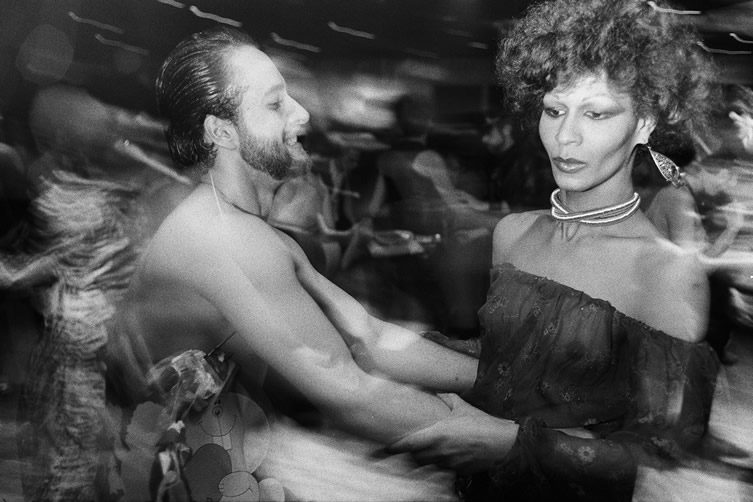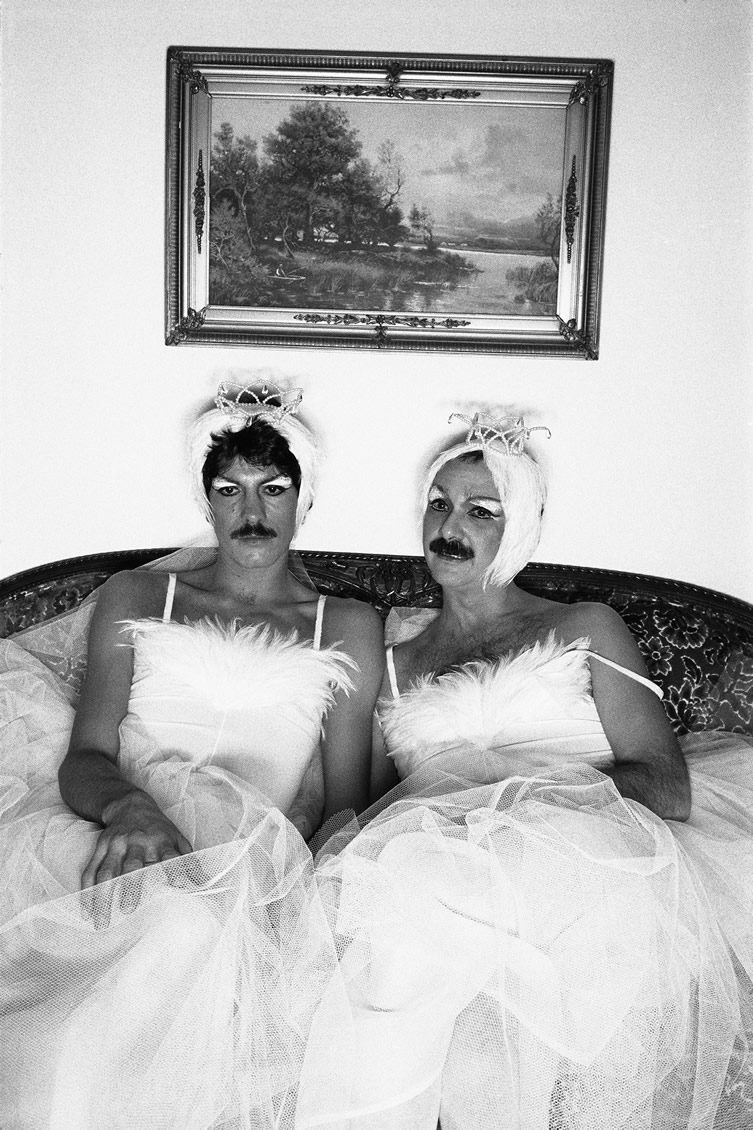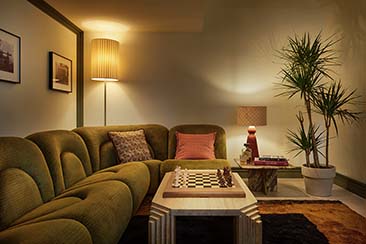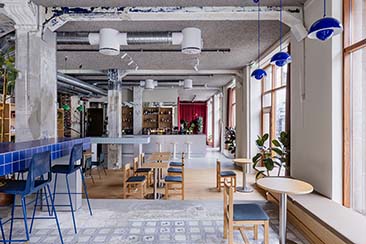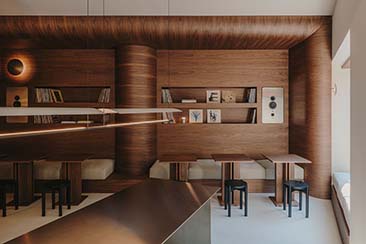Give any hedonist worth their hydrochloride salts the chance to revisit the great nightclubs of history, and I’d wager the majority would make their first stop on the timewarp in late 1970s New York, and the cultural phenomenon that was Studio 54.
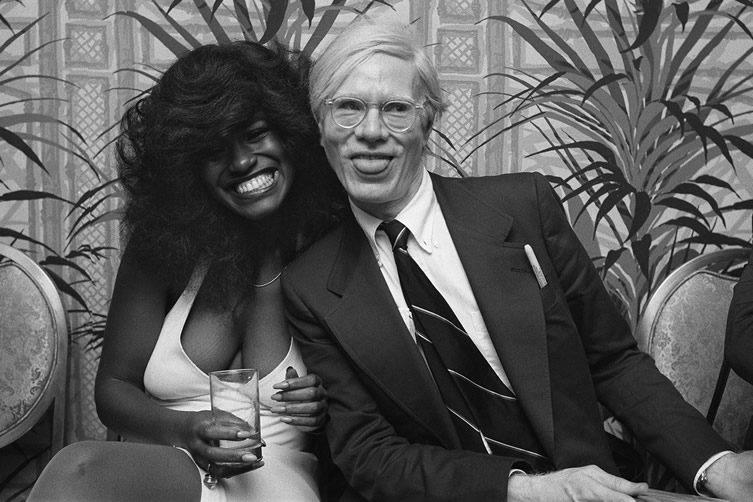
The disco club to end them all, Studio 54 has entered into folklore as much for the mayhem as the music; during a brief but frenzied 1,000 nights, the boogie wonderland welcomed everyone from superstars to streetlife on its hallowed dancefloor. You just had to be fabulous enough to make it inside.
The story of Studio 54 starts spinning in 1977, when two entrepreneurs, Steve Rubell and Ian Schrager, spotted that disco was about to explode and decided New York needed somewhere for the bomb to go off. The pair spent hundreds of thousands of backers’ dollars into renovating an old CBS recording studio (formerly an opera house), and when they were done they had created a masterpiece: a cavernous den of iniquity which attracted anyone who was anyone, and anyone who wasn’t.
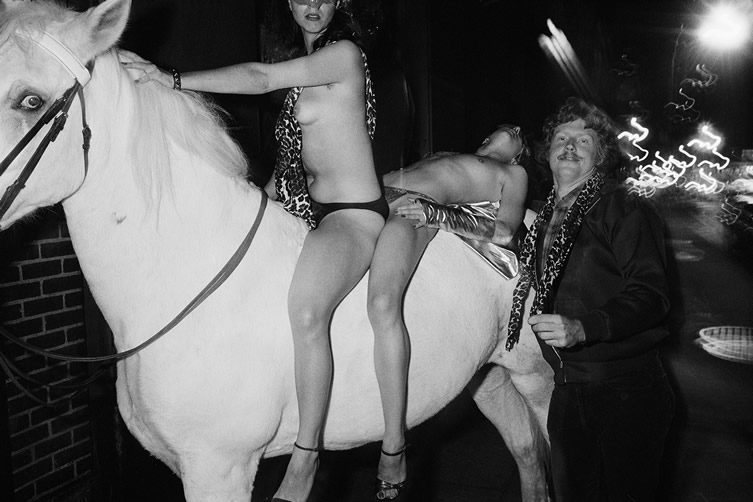
Opening night kicked off with guests including Mick and Bianca Jagger — oh, and Jerry Hall. Awks. Liza Minnelli was there. Legend has it that Frank Sinatra, Cher and Warren Beatty, all armed with personal invitations, couldn’t get through the crowd. The place oozed drama and star quality in equal measure, and night after night, queues formed into the distance with revellers hopeful of getting the nod from head gatekeeper Rubell or his team of sharp-eyed talent scouts.
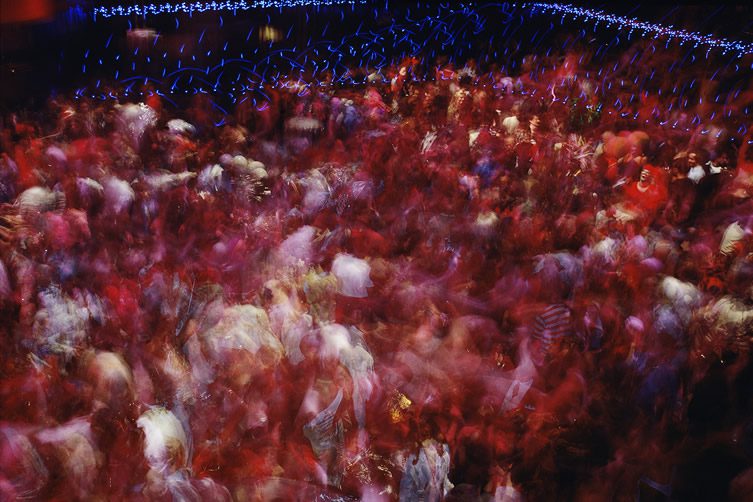
Rubell’s admissions policy was perhaps the great secret to Studio 54’s success: he decreed the mix of guests should be a “tossed salad”, including a quota of gay men, lesbians and transsexuals, which led to a heady atmosphere of permissiveness and tolerance. Working class locals had a shot of getting in if they had the right look, yet even celebs weren’t guaranteed to breeze through the melee outside. Andy Warhol had a checklist of advice to gain entry to Studio 54, including arriving in a helicopter, and never wearing polyester.
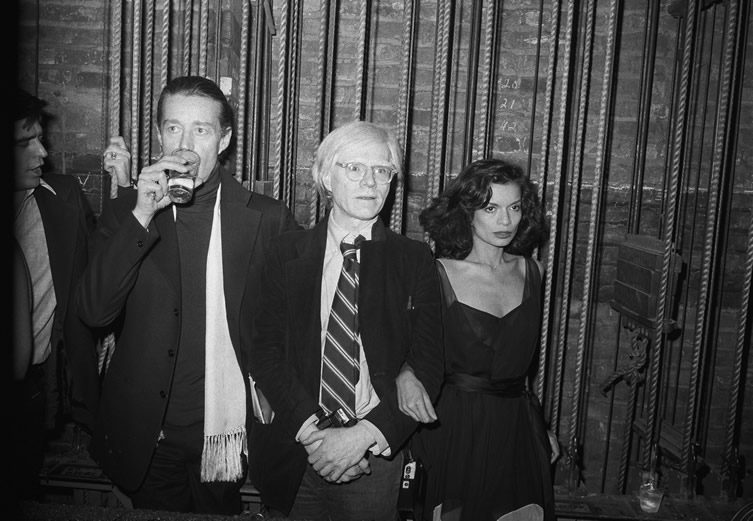
But once you were in, you were in for a treat. Michael Jackson busting out his moonwalk just for fun? You got it. Fancy a bop with Diana Ross? Why not? If entry was strict, it was anything goes within the surprisingly discreet walls of Studio 54. Discreet up to a point, of course – this was a place where the booze flowed and the then-wonder-drug cocaine was hoovered up by the sackful, and all manner of debauchery was waiting, quite literally, around every corner.
Indeed, the Bacchanalian tales surrounding the nightclub’s first incarnation, from ’77 to ’81, have reached mythical proportions.
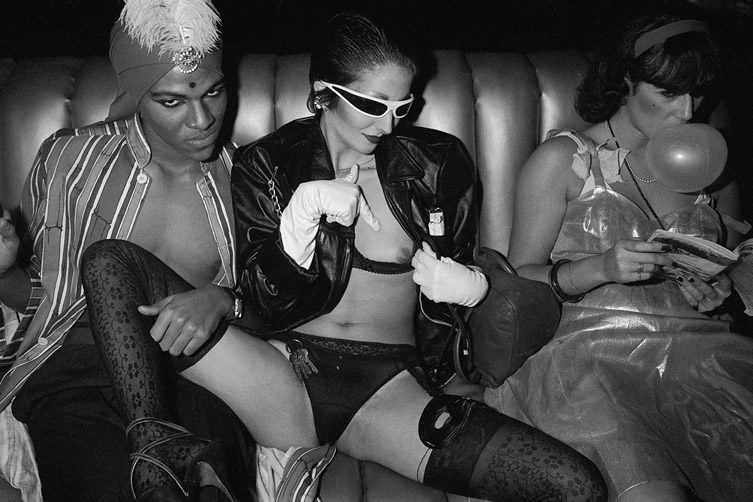
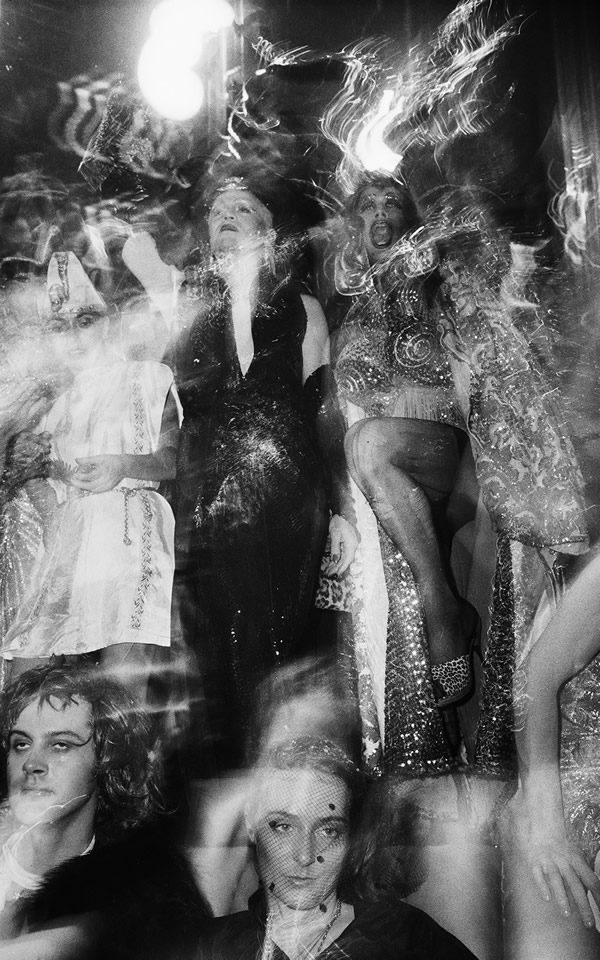
Even the hardiest of partiers with an unlimited supply of the decade’s favourite pick-me-up would have struggled to put in the hours at Studio 54 that Hasse Persson logged. The photographer estimates his number of visits to be in the hundreds, and who better to sort the fact from the fiction than a man who was there through it all, with camera in hand?
In his book — simply titled Studio 54 — Persson gives a fascinating written account of his nights at the world’s most outrageous club, plus treats us to a brilliant selection of images capturing the blur and the sparkle, the wide-eyed and the zonked-out, the blissfully unaware and the preening poseurs who filled the floor and occupied every nook and cranny.
Things which burn brightly don’t burn long, and Studio 54’s brilliance soon attracted the authorities; Rubell and Schrager both ended up in jail for tax evasion having been caught with millions stashed in bin bags around the Studio 54 premises. They sold the place in 1981, and although the venue continued under different ownership, the party was, to all intents and purposes, over. Happily, we have Persson’s unrivalled visual record to ensure that, in the memory at least, the good times are still rolling.
Studio 54 by Hasse Persson is published by Max Ström. We spoke to the Swedish photographer about his time at the Mecca of debauchery…
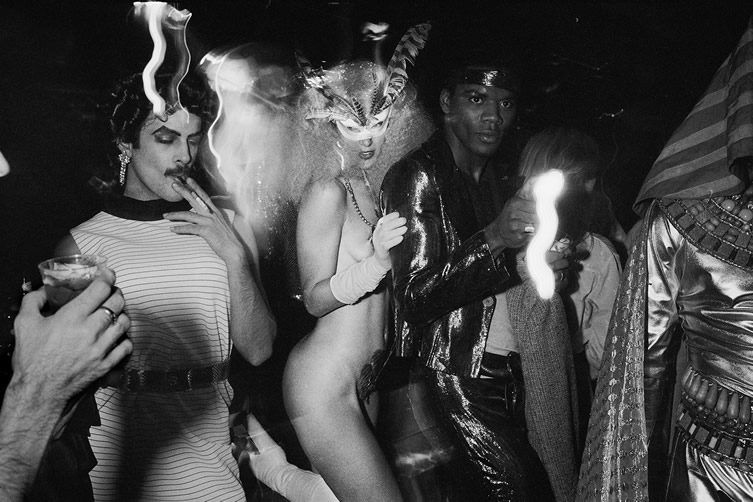
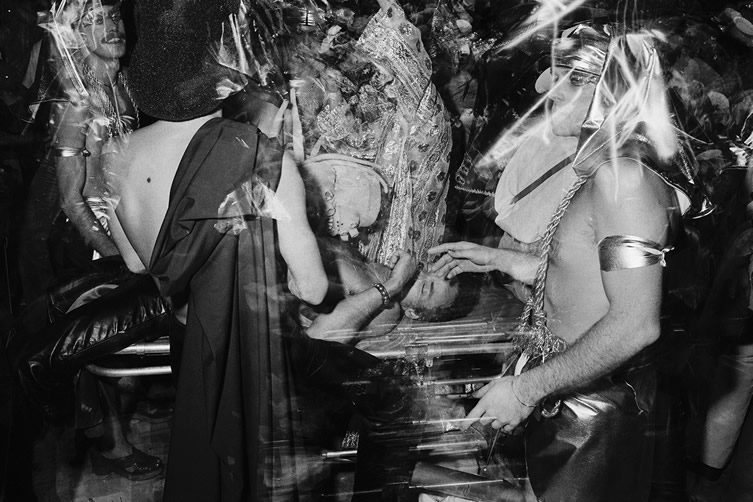
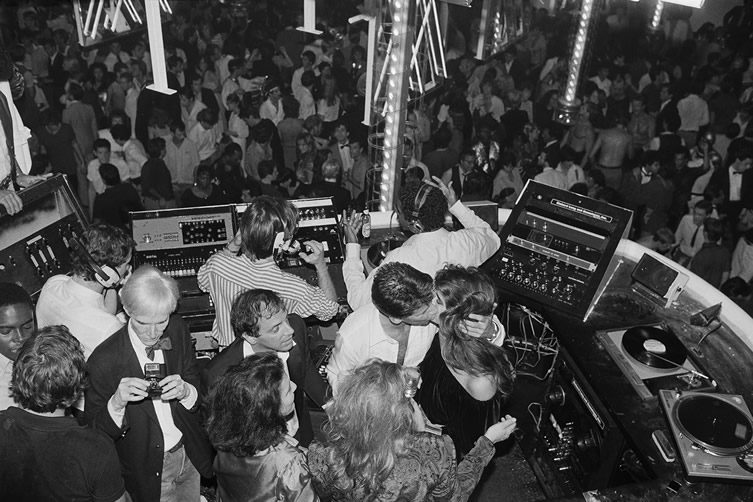
You say you never had to wait in line to get into Studio 54. Who/what was your “in”?
Steve Rubell; I think that he had a dream that somebody would document Studio 54 the same way that Toulouse-Lautrec once did for Moulin Rouge in Paris, almost a century earlier.
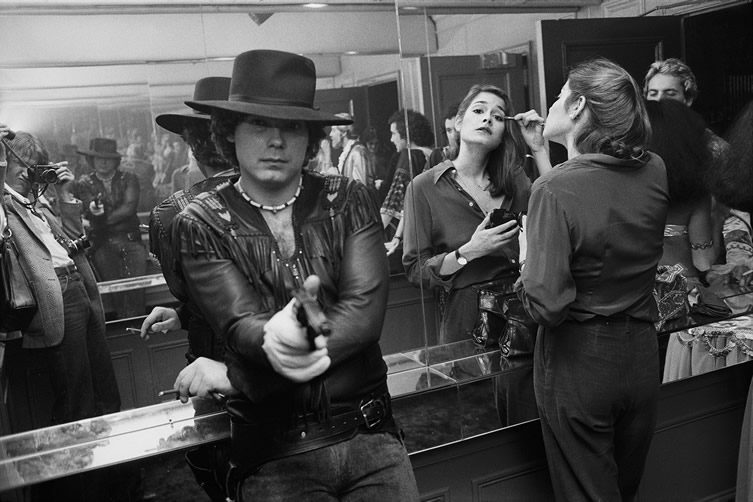
How did you manage to separate your work as a documentarian with the hedonism all around you? Did you ever go just for a night out, or was the camera always there?
No, I have always separated work from pleasure. The technique that I used at Studio 54 was quite complicated, and demanded my full concentration. Now, 35 years later, I sometimes wish that I had partied more — but then there would never have been this book.
In your foreword you mention Andy Warhol’s famous reticence. In general, Studio 54 seems to have been an exhibitionist’s playground – did you ever have any trouble convincing people to have their photo taken or was it the other way around?
I would sometimes get a signal that ‘tonight I do not want to be photographed, because I don’t look my best’, or ‘I’m here in the wrong company’. In those cases I just walked away. I was not a Paparazzi photographer, I was more interested in catching the spirit of the time. Then, of course, there were others that really got a kick out of being seen on the dance floor — and acted out in front of the camera.
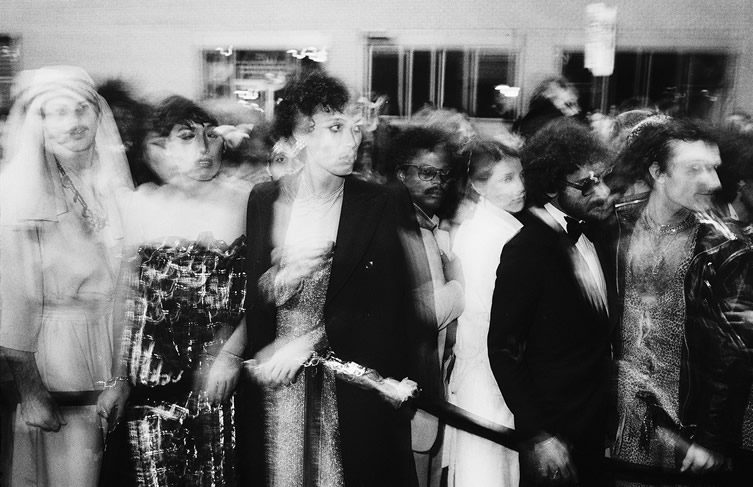
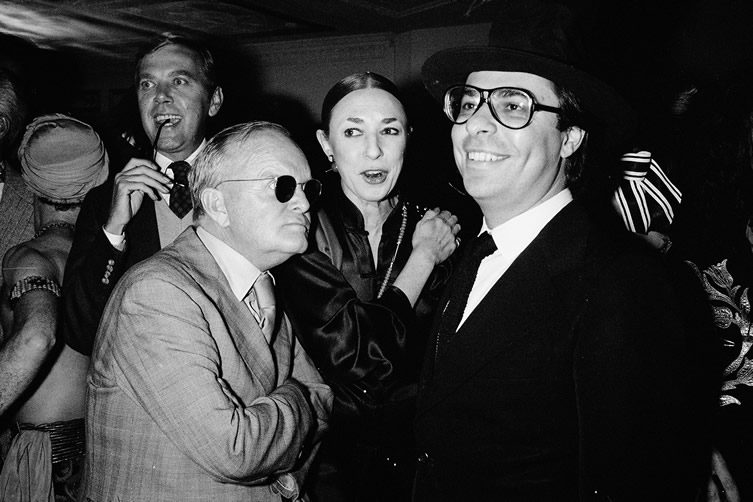
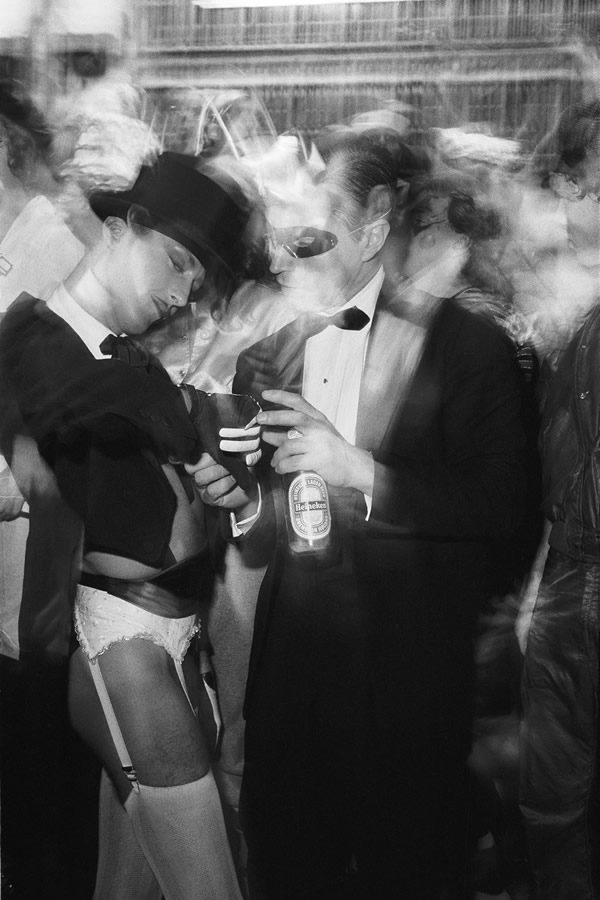
Which other personalities, famous or otherwise, stand out from your Studio 54 memories?
Bianca Jagger was stunningly beautiful and sexy as a young woman. Margaret Trudeau — the estranged wife of Canadian Prime Minister, Pierre Trudeau — was also wild and sexy. But there were also droves of beautiful transvestites whom you couldn’t tell what sex they were.
Alcohol, drugs, famous people, working Joes, low-key security – it sounds like a recipe for disaster. How do you think they pulled it off?
There was a strict social control by Steve Rubell, if you did something stupid you would never get into Studio 54 again. Ever. Of course there was lots of drugs and sex that went on, but I think at the same time it was quite innocent. I’m very happy to have been a part of it all.
***
